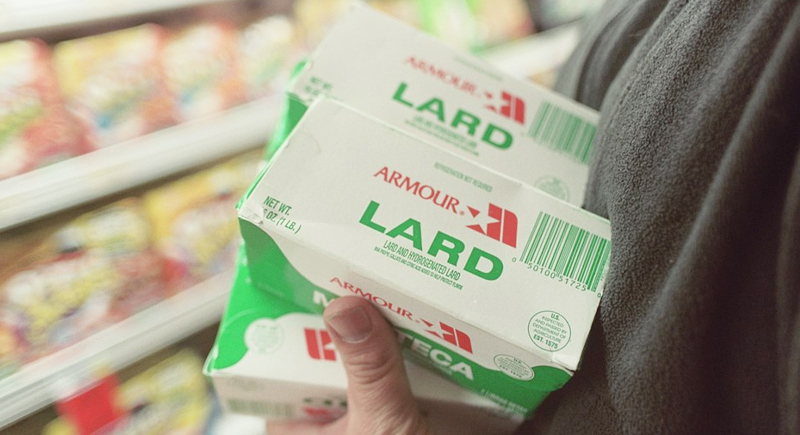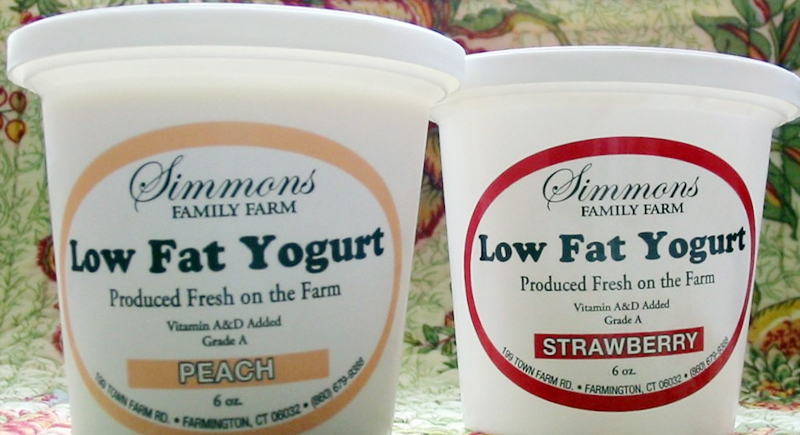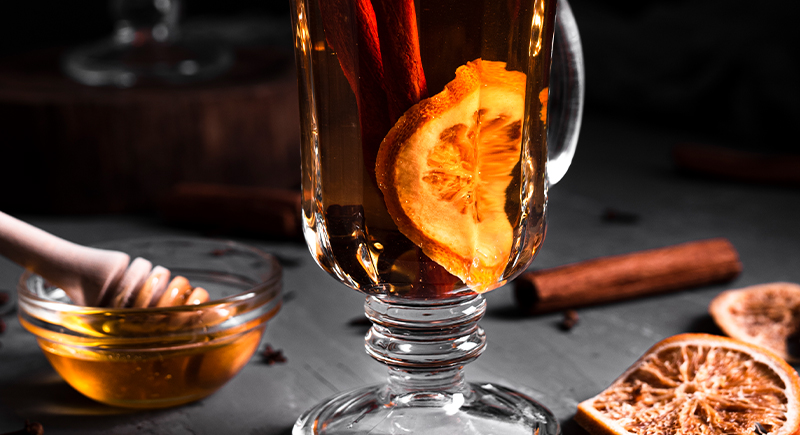What we call “healthy” today isn’t always what our grandparents believed. Many habits that were passed down with good intentions have since been proven to do more harm than good. Let's debunk some common health habits that older generations swore by but are now understood to be outdated or even harmful.
Lard Made Food Taste Great

Credit: flickr
Lard was once a kitchen essential, often used for frying and baking. It gave fried chicken and pie crusts that rich and comforting flavor families loved. However, this ingredient was loaded with saturated fat, which raises LDL cholesterol and increases heart disease risk. Today, heart-healthy oils like olive oil or avocado oil offer a safer swap.
Butter on Burns Was a Kitchen Myth That Stuck

Credit: pixelshot
If you burned your hand, grandma might’ve told you to grab the butter to cool it down. Science has shown that it did more harm than good. Butter traps heat and bacteria, which can delay healing. Doctors recommend cooling the area under running water and covering it with a clean bandage.
Candy as a Reward Taught the Wrong Lesson

Credit: Getty Images
When a child behaved, many parents reached for a sweet treat. The idea was to reinforce good habits; yet, it often did the opposite. It built emotional ties to sugar, which can lead to overeating later in life. Non-food rewards like attention or activities are much better.
Ice Baths for Fevers Sounded Smart—Until People Got Colder

Credit: Getty Images
Back in the day, cooling a fever meant throwing someone in a cold bath, which often made things worse. Sudden temperature drops can cause shivering and even hypothermia. Fluids, fever-reducing medications, and keeping the body comfortably cool, not freezing, are the way to go.
Smoking to Relax Was a Well-Marketed Lie

Credit: pexels
People believed a cigarette helped them unwind. Ads sold the idea that smoking calmed nerves and improved focus. In reality, nicotine creates short-term relief by feeding addiction, not reducing stress. Over time, it raises anxiety and increases your risk of cancer and heart disease.
Soda Was Once Seen as a Feel-Good Fix

Credit: Getty Images
Soda was sold as energizing and even medicinal. Brands claimed it aided digestion or boosted your mood, though the latter might have something to do with the loads of sugar in it. It’s now tied to obesity, type 2 diabetes, and tooth decay.
Antibiotics Were Treated Like Magic Pills

Credit: Canva
People used to take antibiotics for everything—from sore throats to sniffles—not knowing that they only work on bacterial infections, not viruses like colds or the flu. Overuse contributes to antibiotic resistance, which makes real infections harder to treat.
Processed Foods Were a Convenience Win

Credit: Getty Images
When frozen dinners and canned meals first hit shelves, they felt like a modern miracle. They saved time and made dinner easy. Families bought them in bulk, even though they were loaded with sodium, added sugar, and preservatives. Long-term diets heavy in processed foods are even linked to obesity and high blood pressure.
Detox Diets Promised a Clean Slate

Credit: Getty Images
Juice cleanses and detox teas promised to flush toxins and reset your body. In reality, your liver and kidneys already handle that job 24/7. Extreme diets can cause fatigue, nutrient loss, and digestive issues. Your body needs balanced meals, fiber, and water instead of starvation in a bottle.
Laxatives Were Used to Slim Down

Credit: flickr
Some people turned to laxatives, hoping to lose weight fast. Unfortunately, what they lost was mostly water. Regular use of laxatives can lead to dehydration and long-term digestive damage. Sustainable weight loss comes from healthy habits involving a balanced diet and an exercise routine.
Low-Fat Meant “Healthy” for a While

Credit: flickr
In the ‘90s, low-fat products took over grocery aisles. People assumed less fat meant better health, despite the fact that companies added sugar and starch to boost sales and make them taste good. That combo can spike blood sugar and cause weight gain.
Carbs Were Treated Like the Enemy

Credit: Canva
When low-carb diets became popular, people ditched bread, pasta, and even fruit. But not all carbs are created equal. Whole grains, beans, and vegetables give you energy, fiber, and essential nutrients. Cutting out complex carbs completely can mess with digestion, focus, and overall energy levels.
Babies Slept on Their Stomachs Because Everyone Did It

Credit: freepik
Placing babies on their stomachs was the norm. It was believed to help with sleep or spit-up. Later, research showed that it increased the risk of Sudden Infant Death Syndrome (SIDS). Placing babies on their backs with a firm mattress and no loose bedding is much safer.
A Hot Toddy Felt Like Medicine

Credit: freepik
Many grandparents' go-to cold remedy was a warm drink of whiskey, lemon, and honey. While it might soothe a sore throat, alcohol weakens the immune system and disrupts sleep. Cold symptoms improve faster with rest, hydration, and over-the-counter medications.
Soaking in Sunlight Was Seen as Healthy

Credit: freepik
People once believed that more sun meant stronger bones and better moods. And sure, sunlight helps with vitamin D, but too much causes skin damage. UV exposure is the top cause of skin cancer and premature aging.





